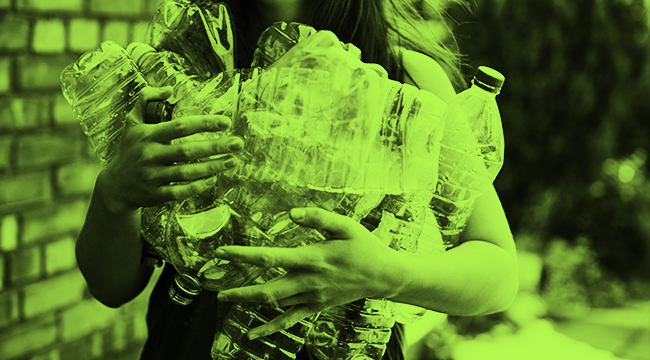
Wanting to be a good steward of the environment can feel like a daunting task. With so much of the science out there pointing to the likely catastrophic changes that await this marble we call home, it can seem like any effort made by us is frivolous at best. With sea levels rising three millimeters each year as glaciers crumble into a warming Arctic ocean at an accelerated rate, our simple attempts at remedying the situation can easily drive us to cynicism. When our answer to a rapidly warming planet is the adoption of better straws, and our acting chief of the EPA doesn’t consider climate change to be the greatest crisis facing the nation, it can feel like our role in the conversation and action surrounding climate change is moot.
It’s not. We have to be glass-half-full people. We have to rally together. (Also, don’t drink that glass because fresh water is going to be hard to come by in the future. We’ll need it later.)
Pending apocalypse jokes aside, we all need to play our role in being better citizens of the planet. Being a good steward of the environment is not always easy, but that doesn’t have to be that hard, either. We just need some direction. With Earth Day 2019 upon us, we asked Jonathan Zaidman, Director of programming and Impact at the Ecology Center, about what small changes we can all make to benefit the environment.
Be part of the solution, not part of the problem

You don’t have to quit your job, give up technology, and move to a sustainable farm to be a good steward of the environment. If you’ve been lagging on being conscientious about your own carbon footprint because you feel like it’ll upend your life, it won’t.
“We can all be a part of the solution, and must all do so within our individual lives,” Jonathan says, adding, “Banking, education, and food service all comprise of both the challenges and opportunities within our communities. So yes, we can all contribute to a thriving planet within the roles we play. Can we do so without making massive changes? Absolutely. A lot of people making small change contributes to collective, large-scale, sustainable impact.”
It’s important to have some perspective. Sure, you alone cannot save the planet from rising global temperatures, but your contribution to being a better citizen of Earth has a cumulative effect.
What you don’t spend, is more important than what you do
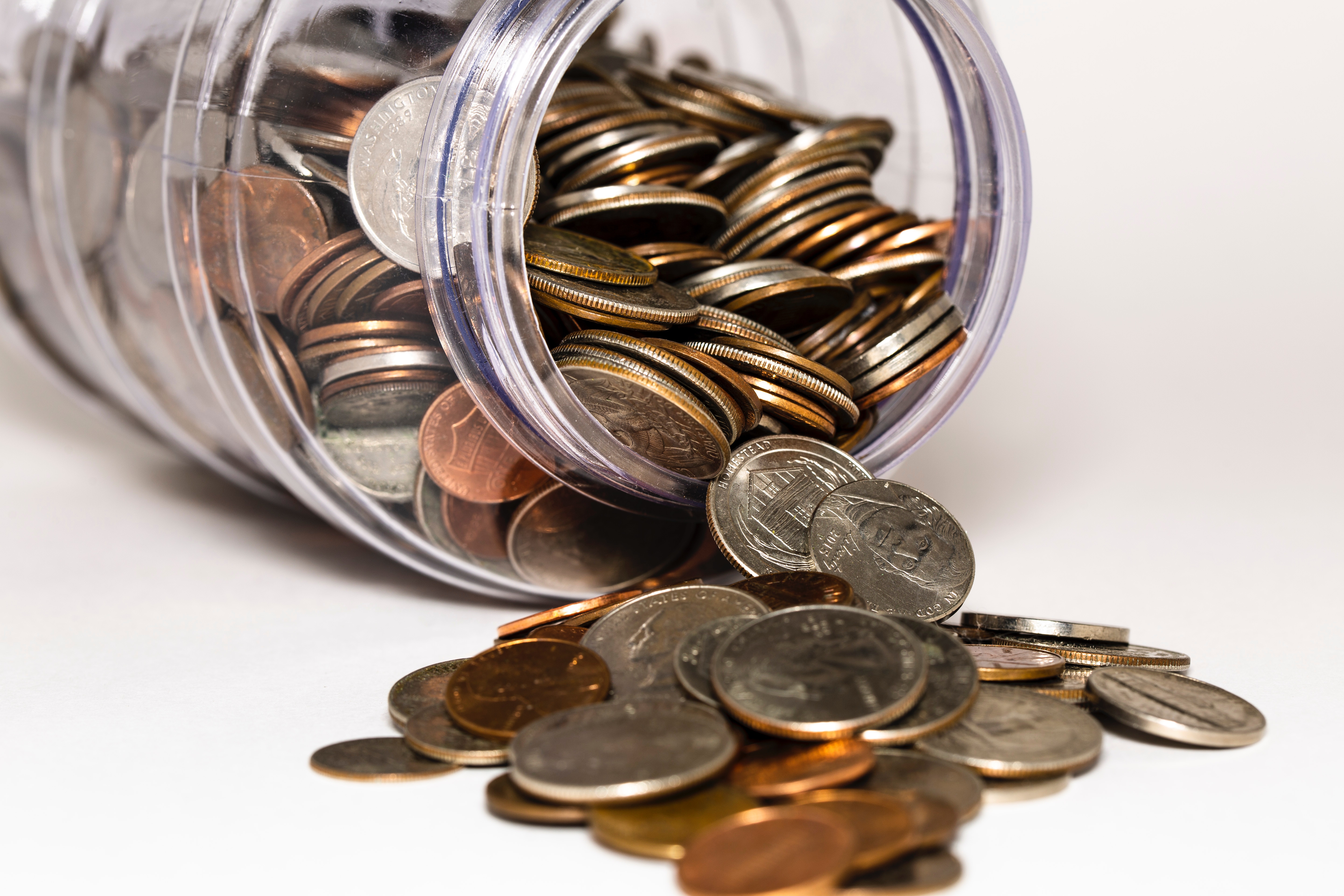
You can’t just throw money at climate change. While we aren’t suggesting that you stop donating money to conservation efforts, sometimes it’s less about the money you spend, and more about the money you don’t.
“Of course you can select ethical and environmentally friendly alternatives through your purchases,” Zaidman explains, “but it’s also important to think of the money you don’t spend… If reducing deforestation of Indonesia (a thereby protecting wildlife habitat) is important to you, probably don’t buy conventional sourced palm oil.”
Cut back on meat
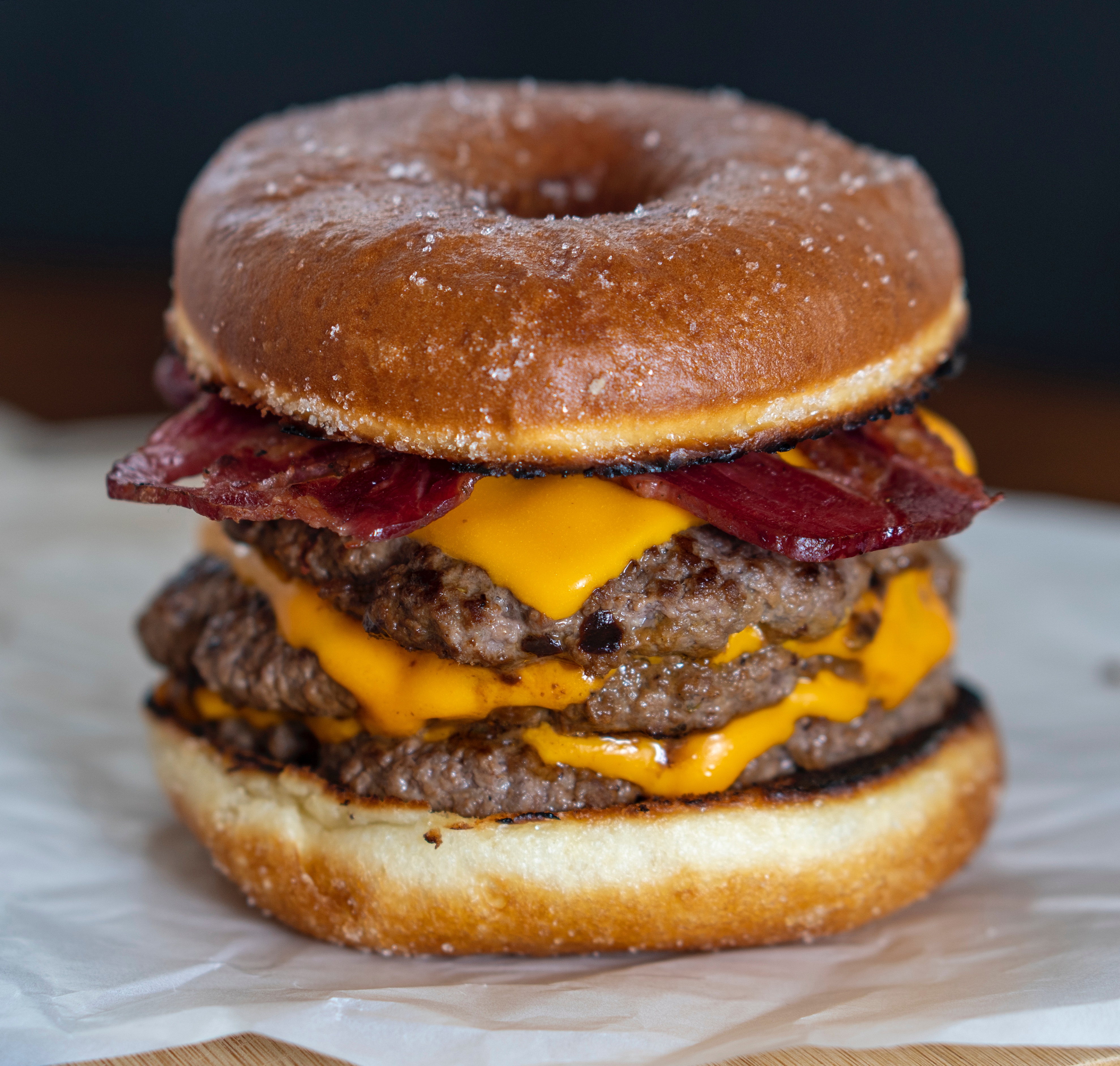
One of the biggest contributors to greenhouse gases is our insatiable hunger for meat. We can’t get enough of it, and honestly, suggestions that we all stop eating meat just aren’t going to fly with many Americans (who have been raised into a meat-focused culinary world). But just because you can’t resist a delicious cheeseburger doesn’t mean you’re out of the Earth Day club. You can start by eating less meat.
Scientific American reports that “the production, processing, and distribution of meat requires huge outlays of pesticides, fertilizer, fuel, feed, and water while releasing greenhouse gases, manure and a range of toxic chemicals into our air and water… red meat such as beef and lamb is responsible for 10 to 40 times as many greenhouse gas emissions as common vegetables and grains.” But going vegetarian and vegan doesn’t solve the problem either.
“A vegetarian sourcing processed food from around the world will have a significantly greater impact than a meat-eater who is harvesting local protein, dairy, and eggs,” Zaidman says. “Is conventional animal agriculture objectively destructive? Yes, and that should be addressed on our dinner plates.”
The point is to reduce. And when you’re craving meat and other animal byproducts try to buy local, it will undoubtedly cost more but think about how delicious that cheeseburger will be if you know it’s sustainable! If you live for cheese and eggs Jonathan has another solution for you, “One can certainly live a sustainable life with backyard chickens and goats.”
Granted, we don’t all have the space for that, but it’s something to think about!
Stop overlooking your lunch alternatives
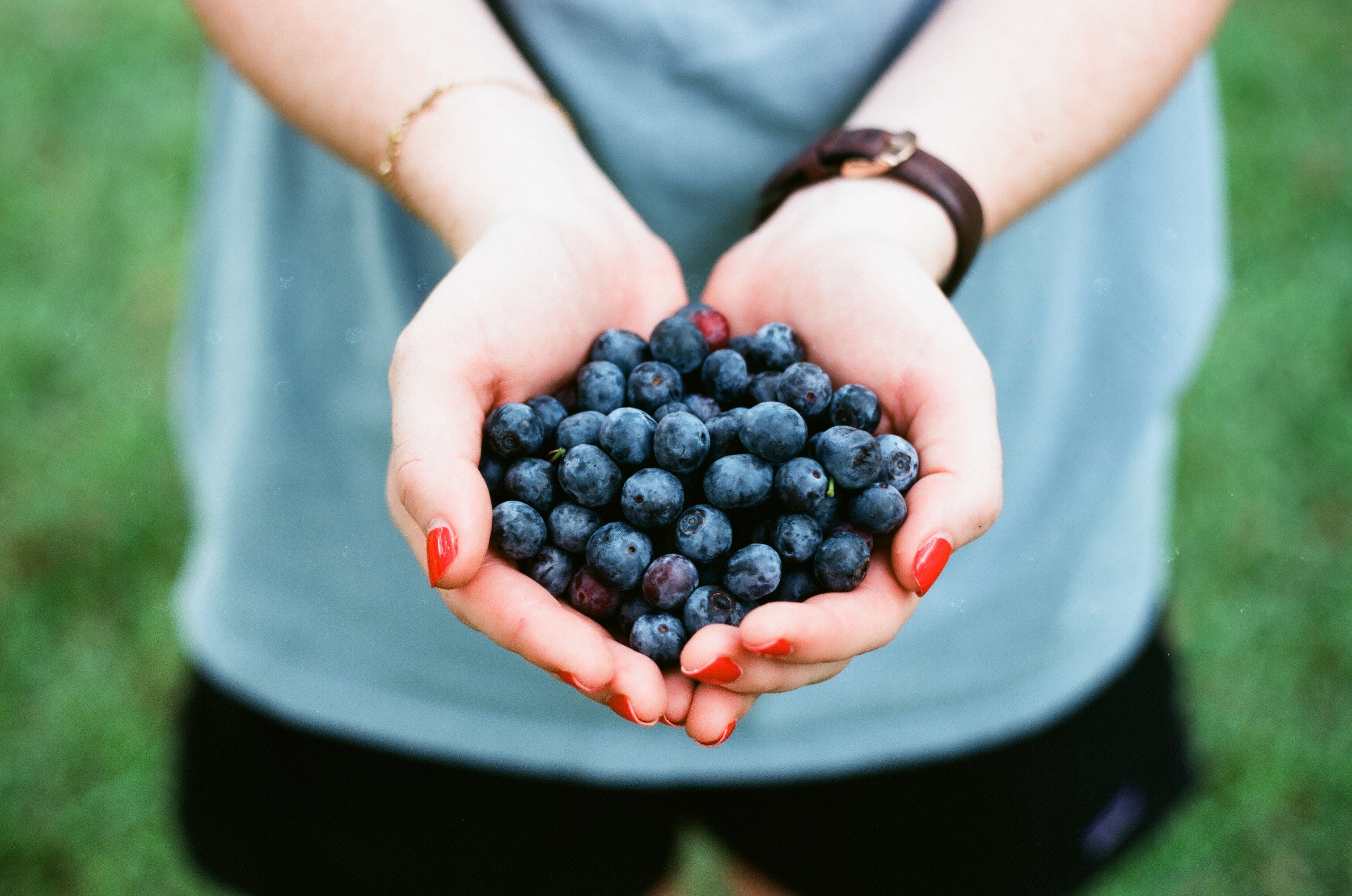
For some of us, fast food of some variety is just a part of our lives that can’t be avoided. We don’t all have the luxury of time to prepare each one of our meals — but that doesn’t mean we always have to resort to the drive-thru.
“I understand that we can’t always spend a great deal of time on every meal,” Zaidman says. “Life happens. I do not, though, believe that we need to resign ourselves to the fact that our only options are those which are harmful to ourselves and our environment. We’re fortunate to live in a time of access, where you can find organic food in many stores and supermarkets (including Walmart, Costco, and Target). There are also solutions like produce delivery/pickups, Community Supported Agriculture, and farmer’s markets.”
Buy second-hand
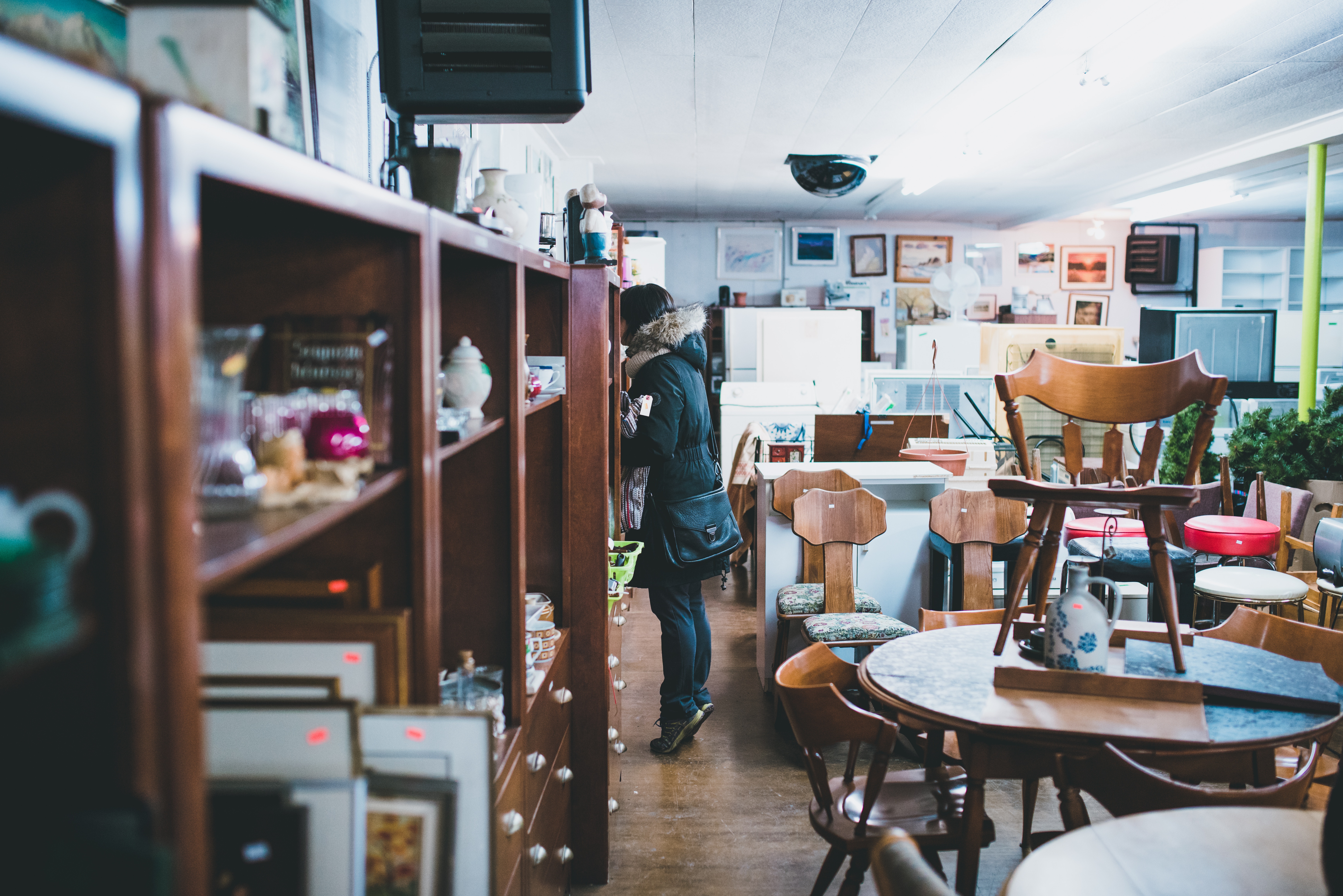
You can save money and eliminate the waste of packaging by buying more things second-hand. Whether you’re looking for clothes, appliances, or home goods, chances are you can find it used and for a cheaper price.
“The fashion industry is a disaster,” Zaidman says. “Carbon emissions, toxic pollutants, and starvation labor just scratch the surface of the dangers of the industry. If you want to make a difference, you can start with what you wear every day.”
Thrift stores are full of great finds, it takes some effort to find the good stuff and it helps to not have expectations. If you really need a black dress shirt because you’re about to attend a funeral or whatever, by all means, hit up a department store for a fresh and respectful look. But anytime you’re trying to rock a Hawaiian shirt and vintage jeans, the thrift store has got your back!
Change your market route
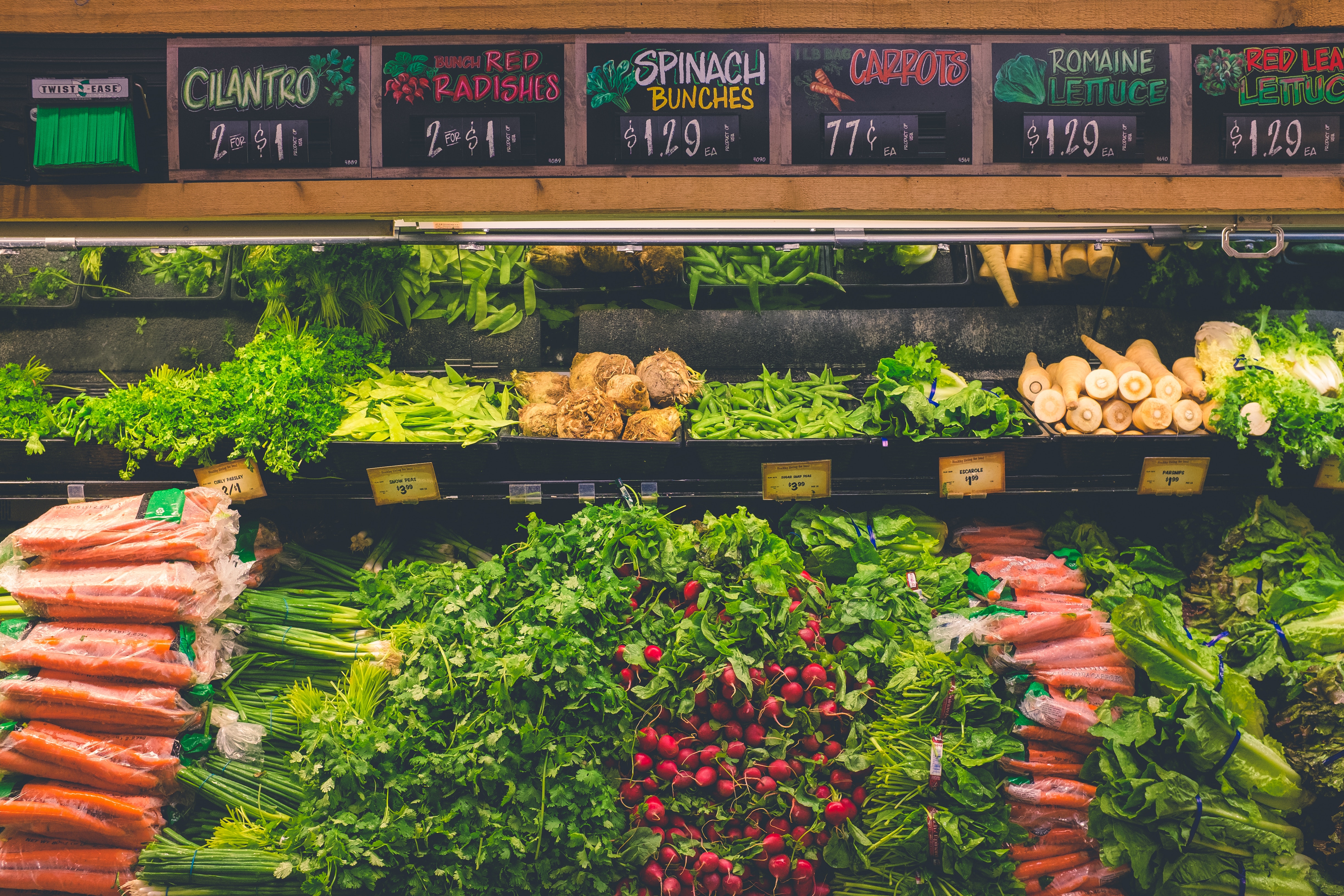
We all have our own opinions on how best to hit up a supermarket’s grocery aisles, but while our usual goal is to save the most money we can while filling our cart with the greatest snacks and frozen foods we can think of, we should all probably start rethinking our priorities. Despite how good those mozzarella sticks look!
“When shopping for groceries, there are a few things to try to prioritize: buy local, prioritize organic, look up what might be seasonal, and try to avoid packaging,” Zaidman says. “Keep in mind that the real food usually isn’t in the middle isles of a grocery store.”
Still can’t resist those mozzarella sticks? Organic mozzarella, locally sourced eggs, and breadcrumbs. Bing, bang, boom, you’ve got yourself mozzarella sticks that rival any you’ve ever had. Also, you’re now your friend circle’s favorite person.
Start seeing our commonalities
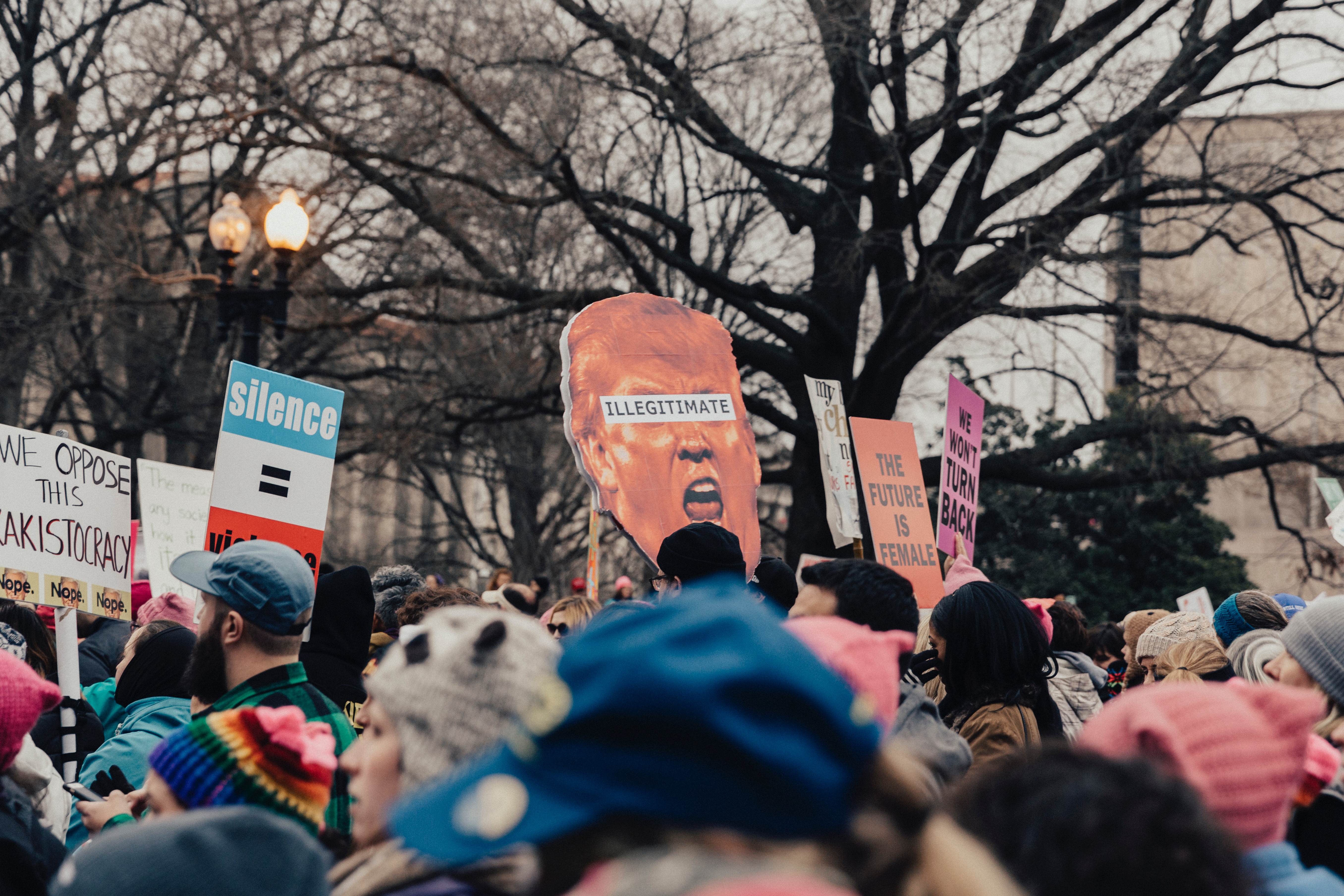
Doing something about climate change seems divided on political lines, and it really shouldn’t be. We all live together on the planet.
“We must build bridges via our shared beliefs, not our differences,” Zaidman says. “Everyone wants to live in a cleaner, healthier, more vibrant community, we must now learn to speak to one another in such terms. The hunter and the Muir trail hiker share an equal appreciation for the outdoors. The intentional community member and the doomsday prepper both strive for self-sufficiency. We have a lot more in common than we have apart, we just need to more effectively communicate from that perspective of neighbors, who similarly thrive or suffer based on the results of collective actions.”
Partisan politics are the name of the game right now, but behavioral change needs to be apolitical and start on a grassroots level if we want to live on a cleaner and healthier planet.
Be thoughtful, and compost if you can!
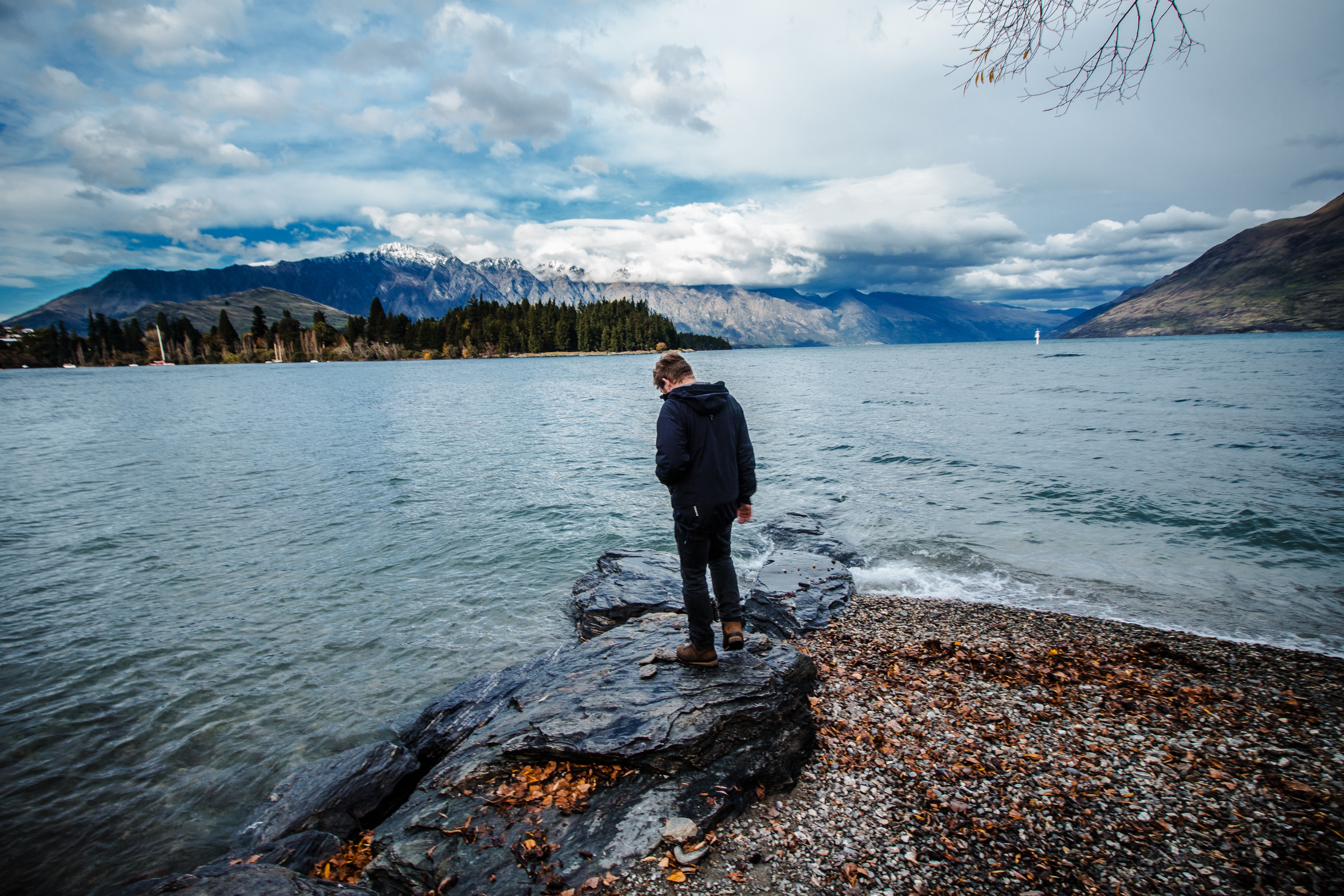
Perhaps the most important change you can make to your everyday life is to be more mindful about your individual toll on the planet. Jonathan suggests that we become more curious about how every action harms or benefits the Earth and our communities at large. Asking everybody to be less selfish is a tall order, so if you can’t think past your own life consider getting into the compost game.
Eliminating food in the landfill is vital for reducing greenhouse gas emissions. Instead of throwing away your banana peels and apple cores into the garbage can, think about ways you can start a compost pile. Composting is straight up dope, you take start with literal trash and end up with nutrient-rich soil, which will be perfect for your future backyard garden that you’re going to start right. This. Second.
Let’s get on it. Use Earth Day 2019 as a call to action!






